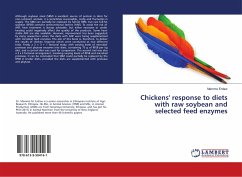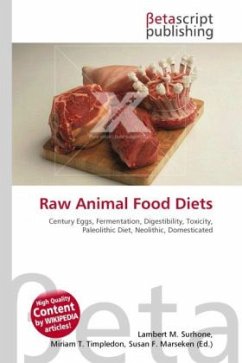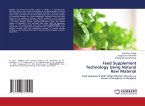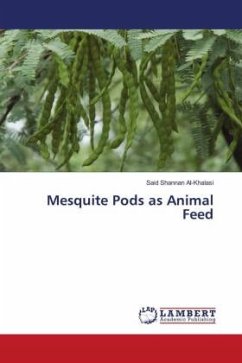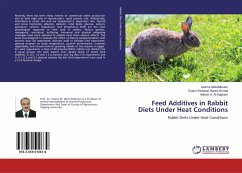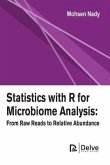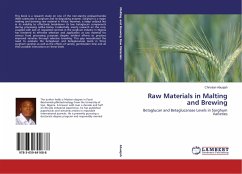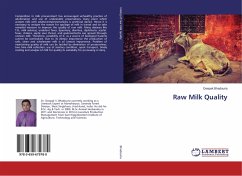Although soybean meal (SBM) is excellent source of protein in diets for non-ruminant animals, it is sometimes inaccessible, costly and fluctuates in supply. The SBM can partially be replaced by full-fat SBM, but raw full-fat soybean (RFSB) contains antinutritional factors (ANF). To avoid the risk of ANF, heat treatment is always advisable, but either excessive or under heating could negatively affect the quality of the products. Some heat-stable ANF are also available. However, improvement has been suggested by many researchers when the diets with ANF were being supplemented with microbial feed enzymes. The aim of this book is, therefore, to deliver the results of chicken response which were conducted at two different trials. Firstly, a 3 × 3 + 1 factorial study, with varying levels of microbial protease and phytase enzymes into diets, containing 75 g of RFSB per kg diet, and a control diet was used for comparison. The second trial was also a 3 x 2 factorial arrangement, involving varying levels of RFSB and microbial protease. It can be concluded that SBM could partially be replaced by the RFSB in broiler diets, provided the diets are supplemented with protease and phytase.
Bitte wählen Sie Ihr Anliegen aus.
Rechnungen
Retourenschein anfordern
Bestellstatus
Storno

